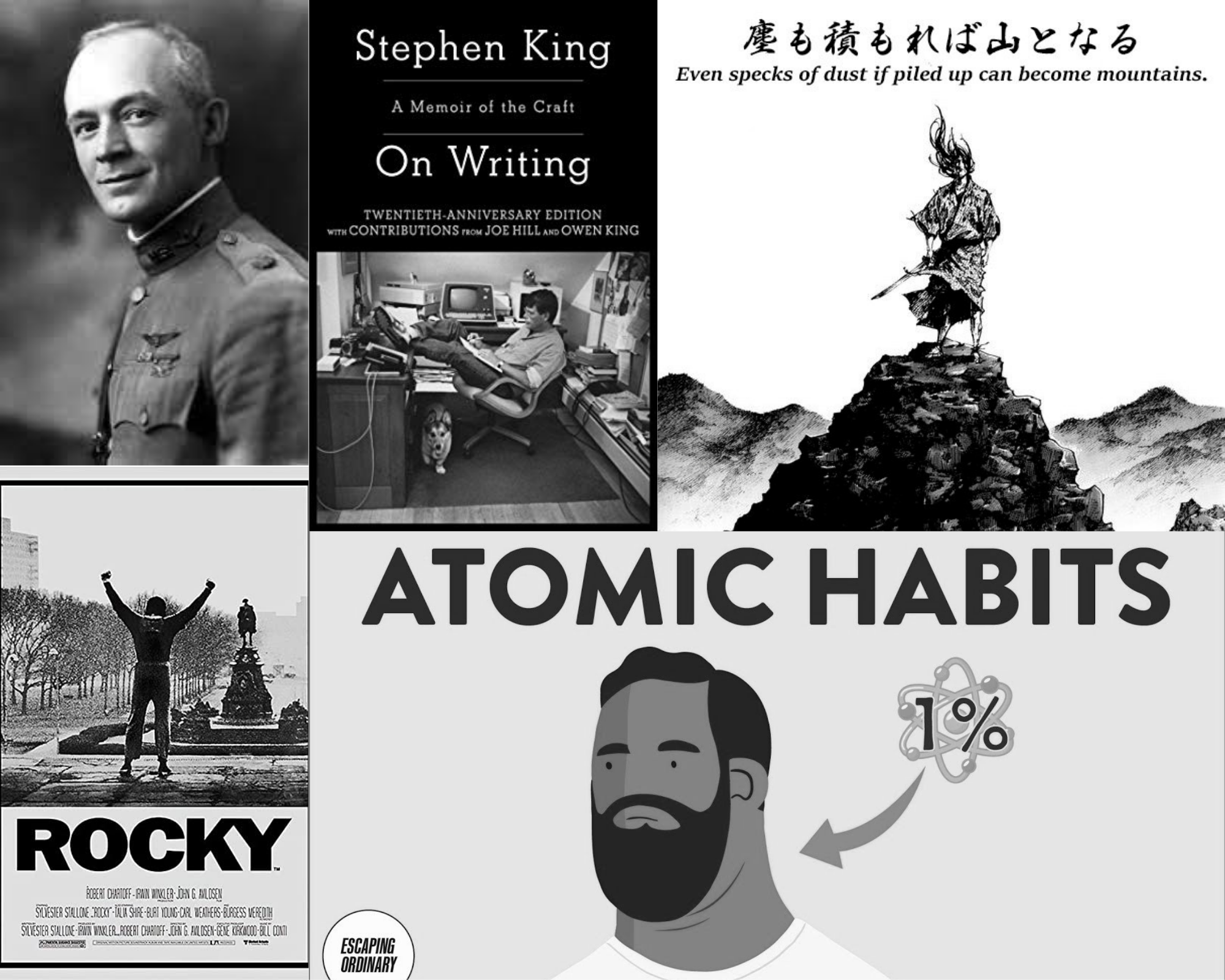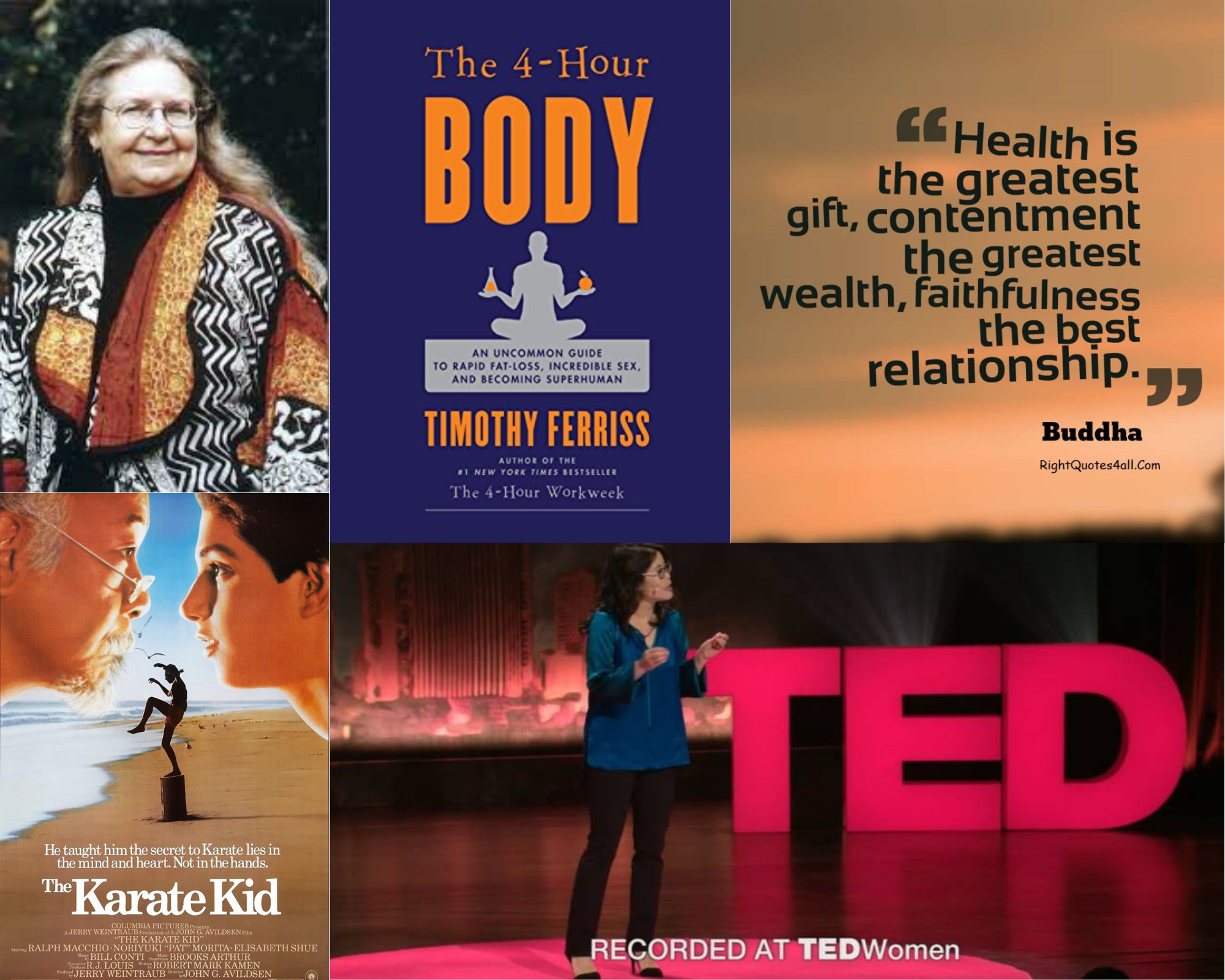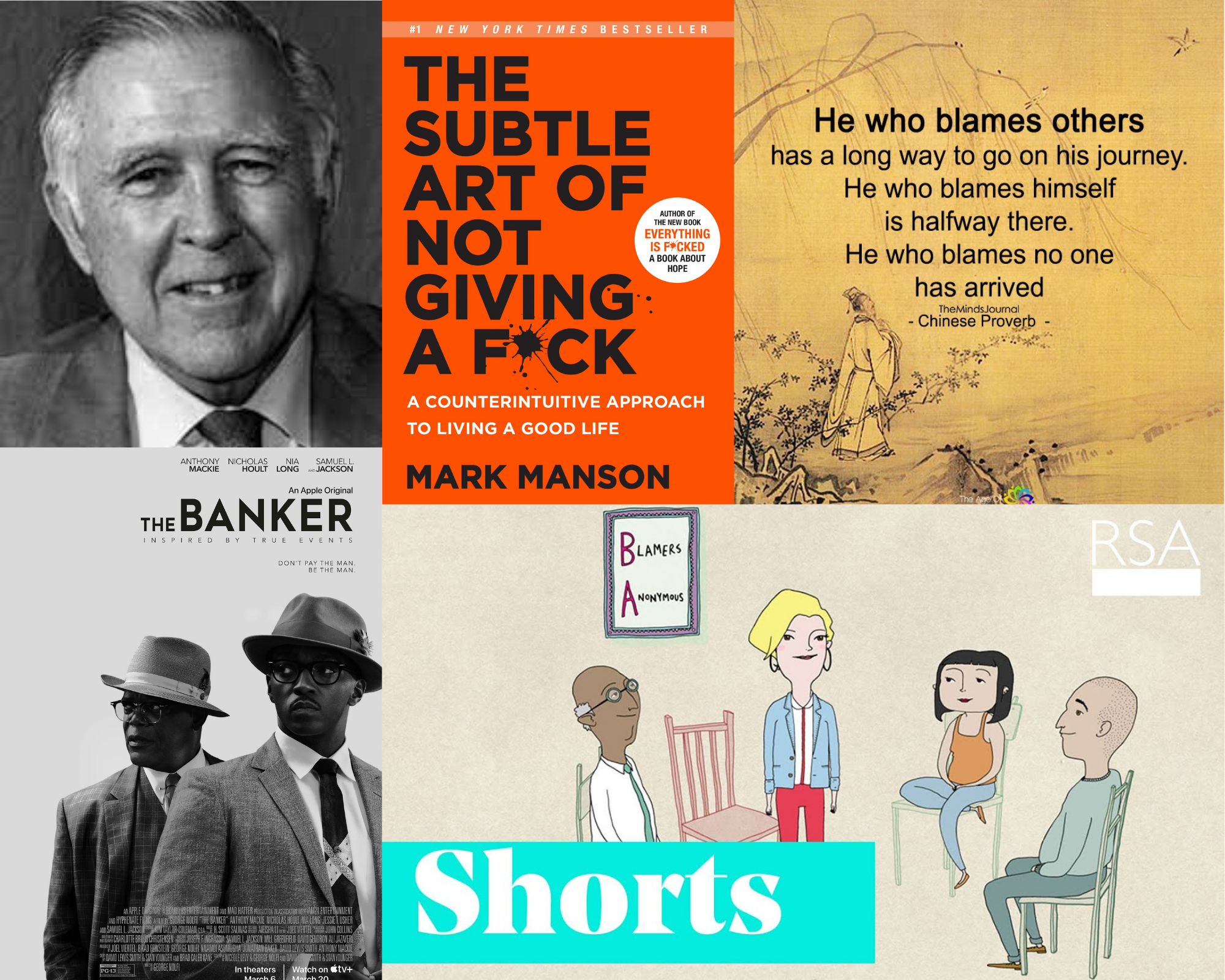Sunday Supplement #72 (September 25th, 2022)
Below is another Sunday Supplement with a quote worth sharing, a book worth reading, a movie worth watching, brainfood worth consuming, and a spiritual passage worth pondering.
I hope you take something away from these recommendations that enriches your week ahead!
Quote of the Week:
“Success isn’t a result of spontaneous combustion. You must set yourself on fire.”
– Arnold H. Glasow
Book of the Week:
On Writing – Stephen King
Stephen King’s On Writing is a part memoir part masterclass by one of the bestselling authors of all time.
The book is divided into five sections, one narrating his life “C.V.,” one explaining “What Writing Is,” one describing a writer’s “Toolbox,” one giving advice “On Writing,” and the last discusses King’s thoughts on the accident where he was struck by a van “On Living: A Postscript.”
While the book tends to be viewed as a go-to manual for writers, the book offers more than just a writing guide.
King became one of the most successful writers in history, and it’s interesting to see that was his goal when he was young.
The first chapter is worth reading just to see the background King gives on his life growing up and his early journey as a writer.
On Writing should be on every writer’s shelf, but it is also worth checking out for readers looking for life insights from a prolific author.
Movie of the Week:
The movie Rocky has become a part of American pop culture over the years but often for the iconic character’s underdog story and a classic score.
Many haven’t seen the film or forgotten how brilliant the original movie was. Sylvester Stallone wrote a phenomenal script that has wonderful depth in its characters.
A small-time Philadelphia boxer gets a lottery chance of fighting the world heavyweight champion when the champion’s original opponent drops out.
The film beautifully captures the struggling Rocky Balboa as he navigates his life to the best of his abilities while receiving little respect from those around him.
Once the opportunity to face the champ comes to his doorstep, people from the neighborhood pay attention. Rocky isn’t fooled but strives to fight for his self-respect.
The film won three Oscars, including Best Picture. Rocky should be on any movie lover’s list, and the extraordinary story behind the film deserves a look too.
Brainfood of the Week:
How to Become 37.78 Times Better at Anything (Atomic Habits Summary) | Escaping Ordinary (B.C. Marx)
In Sunday Supplement #8, I highlighted James Clear’s Atomic Habits. The New York Times bestseller is one of my favorite tools for self-improvement.
In this YouTube video, B.C. Marx breaks down the book with an engaging presentation. The animation and voice-over on the video are excellent.
In the book, Clear reveals practical strategies that help form good habits, break bad ones, and master tiny behaviors that lead to massive change.
Clear explains how your daily systems and routines, as well as how you view yourself, control how effective you are at building good habits or promoting bad habits.
In the video, B.C. Marx summarizes Atomic Habits, breaks down the habit-building system in it, and explains how he uses the book in his life.
B.C. Marx’s channel only has eight videos, but he has over 500 thousand subscribers because of the quality of his content. See if you like this video, and check out Escaping Ordinary.
Remember to check out James Clear’s Atomic Habits as well!
Closing Spiritual Passage:
“Even dust, when piled up, becomes a mountain.” (ちりも積もれば山となる)
– Japanese Proverb
This Japanese proverb reminds me of the power of consistently making good decisions for yourself.
Whether deciding to exercise for ten minutes or devoting a half hour each day to a hobby or goal, the long-term results are often staggering.
Tim Ferriss often says on his podcast, “People overestimate what they can do in a year and underestimate what they can do in ten.”
Conversely, letting your ship stray slightly without correction can land you far off from where you want to go.
This Japanese proverb is an excellent reminder of how our decisions over time can be something that let us down or bring us great benefits.
Think of the decisions you can make or habits you can build that will help you benefit in the long term, and have a blessed week ahead!
2 Comments



